The Federal Executive Council on Monday approved N262.75bn (€161.33) for the first Phase of the Presidential Power Initiative, otherwise known as the Siemens Project.
The project involves the engineering, procurement, construction, and financing of 330/132 KV and 132/33 KV substations in Onitsha, Offa, Abeokuta, Ayede, and Sokoto.
The Minister of Power, Mr Adebayo Adelabu, revealed this when he briefed State House House Correspondents on the outcomes of Monday’s Federal Executive Council meeting at the Aso Rock Villa, Abuja.
Adelabu said Monday’s approval follows the 80 per cent completion of the project’s pilot phase.
On December 1, 2023, the governments of Nigeria and Germany signed the Presidential Power Initiative agreement to inject 12,000 megawatts of electricity into the national grid.
The signing was presided over by the leaders of both countries – President Bola Tinubu of Nigeria, and German Chancellor Olaf Scholz, on the sidelines of the United Nations Climate Change Summit, COP28, in Dubai, the United Arab Emirates.
The Managing Director of the Federal Government of Nigeria Power Company, Kenny Anuwe, and the Managing Director (Africa), Siemens AG, Nadja Haakansson signed the agreement. However, the contracts date back to the tenure of former President Muhammadu Buhari in 2018.
Adelabu stated, “There were two approvals for the Federal Ministry of Power. The first was an approval for the contract award for engineering, procurement, construction and financing for implementing the 330/132 KV and 132/33 KV substations upgrade under Phase I of the presidential initiative, popularly known as the Siemens project.
“Subsequent to the completion of the pilot phase of this project, the FEC at today’s meeting considered it necessary for us to move forward as promised by the President at a meeting he held with the President of the Republic of Germany last week.
“The cost of this first batch of phase one of the Siemens project approved this afternoon is €161.33 (N262.75bn).”
He said Phase I of the Siemens project relates to the transmission, upgrade and expansion, including 14 brownfield substations that need upgrade and revamping and 21 Greenfield substations, which are new substations to be built across the country to improve the transmission segment.
“The first batch of this Phase I project includes Onitsha, 330/133 KV substation under the Enugu electricity distribution company; two, Offa 132/33 KV substation under the Ibadan electricity company.
“There is the new Abeokuta 330/132 KV substation. We have Ayede 330/132 KV substation. And lastly, Sokoto 132/33 KV substation.
“Those are the five substations to be worked upon under the first batch of Phase I of the Siemens project. And we expect that this will further improve and stabilise the transmission segment of the power sector value chain in no distant future on completion,” the power minister explained.
Adelabu revealed that the second approval relates to the award of a contract to acquire an office complex for the Nigeria Electricity Liability Management Company, which we all know as NELMCO.
He said, “The office complex approved for outright purchase is at Plot 2148, Cadastra Zone A02 Wuse 1 District Abuja. The cost of this acquisition is N1.7bn, including 7.5 per cent VAT.
“We all know that NELMCO is the product of the Electricity Power Sector Reform Act of 2005 DPSRA, with a very specialised role to play in ensuring the success of the electricity sector reform.
“The company currently resides in this particular facility, but it is expedient that the property be acquired to avoid the escalating rent, which is increasing regularly due to inflation. So this offer of outright purchase was opted for, and this will also enable the company to meet up with its expanded mandate and increase staff strength to meet its obligation.”
The minister explained that the approval was timely, as the commercial terms agreed upon during the German President’s visit last week’s Wednesday were set to expire on December 28. This decision mitigates the risk of missing the deadline.
Furthermore, the minister highlighted the progress made on the project. He clarified that the current Phase is not the first but follows a pilot stage, which served as a proof of concept and demonstrated the project’s potential to resolve Nigeria’s energy crisis.
The agreement for this project was initially signed in 2018-2019 but faced delays due to the COVID-19 pandemic in 2020 and a subsequent transition period. These factors, he explained, hindered its launch until the new administration came into office.
“So the pilot phase also took a while for us to complete because it involves the importation, installation and commissioning of 10 power transformers and 10 power mobile substations, making 20, and I’m happy to inform you that this project phase is over 80 per cent completed.
“Before the end of this year, the remaining two power transformers and mobile substations will be commissioned; I can assure you that.
“So, we will have about 100 per cent completion of that pilot phase, and we are now convinced that we could move ahead to Phase One of the project,” he added.
On the frequent collapse of the national grid, Adelabu said vandalism worsened the condition of the already-aging grid. According to him, vandals were responsible for eight of the 12 episodes of collapse experienced in 2024.
He explained, “Out of 12 disturbances we had this year, eight are related to vandalisation. There are just about four that you could trace to technical problems that our team is actually working on fixing. Vandalisation is also not helping matters.
“When a facility is old and is also being attacked, we’re going to be having these incessant problems. I have promised you that we’ll continue to manage the grid and reduce the grid disturbance.
“Each time we are unlucky to have a disturbance that leads to a partial or full collapse, the turnaround time will be reduced to a minimum or maximum of 24 hours. The last time we had this was a few days ago, and within 20 and 30 minutes, the entire grid was up again. That is the problem we continue to manage. However, with this project, I believe the future is promising for the national grid, and Nigerians will no longer have a story of the incessant grid collapse. That’s my word.”
He also addressed the need for long-term solutions, advocating for the regionalisation of the grid or the creation of state-specific grids. These independent grids, Adelabu argued, would ensure that states remain insulated from disturbances on the national grid.
He argued, “Why we all know about grid collapse is because there is not backup or failover in each of the states. Nobody would know that there is a problem with the grid if there were. That is the permanent solution.
“Each of our states will have an embedded Power Plant, and transmission and distribution within each state will be insulated from the national network. The final and permanent solution to our national grid problem today is that we must regionalise the grid, or if possible, we need to have individual state grids which will be insulated from the national grid if there is a disturbance or partial or complete collapse.
“So I believe that the mini-grid project, the utility-scale solar power source project, will go on concurrently with Siemens transmission project. One is for the national grid; the other is to have alternative power sources. I believe the state governors are buying into this, and the NGF [Nigeria Governors Forum] will give us all the support required to ensure that we provide each state with an insulated or independent state grid that will not be affected by the national grid.”

 2 hours ago
1
2 hours ago
1

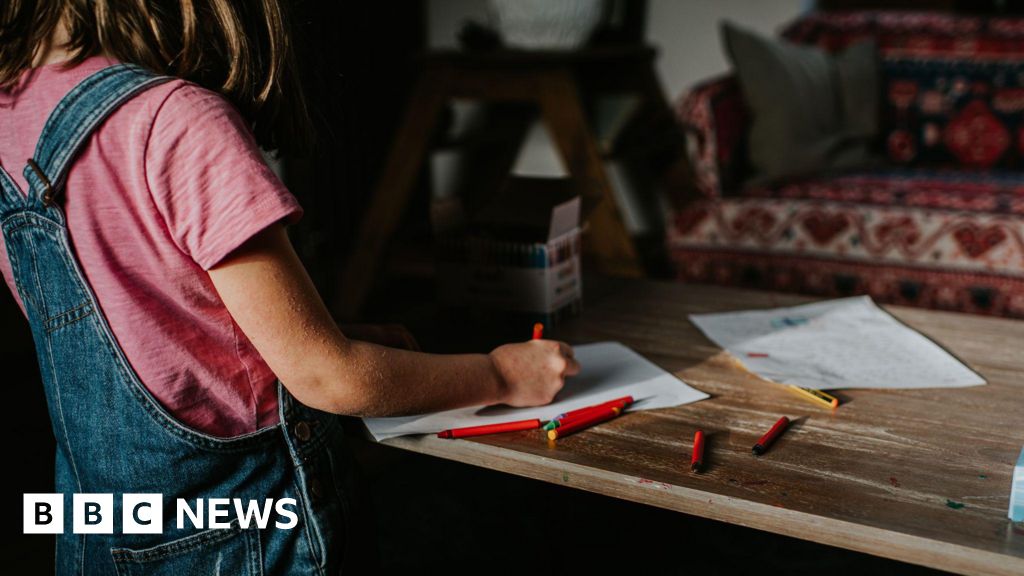
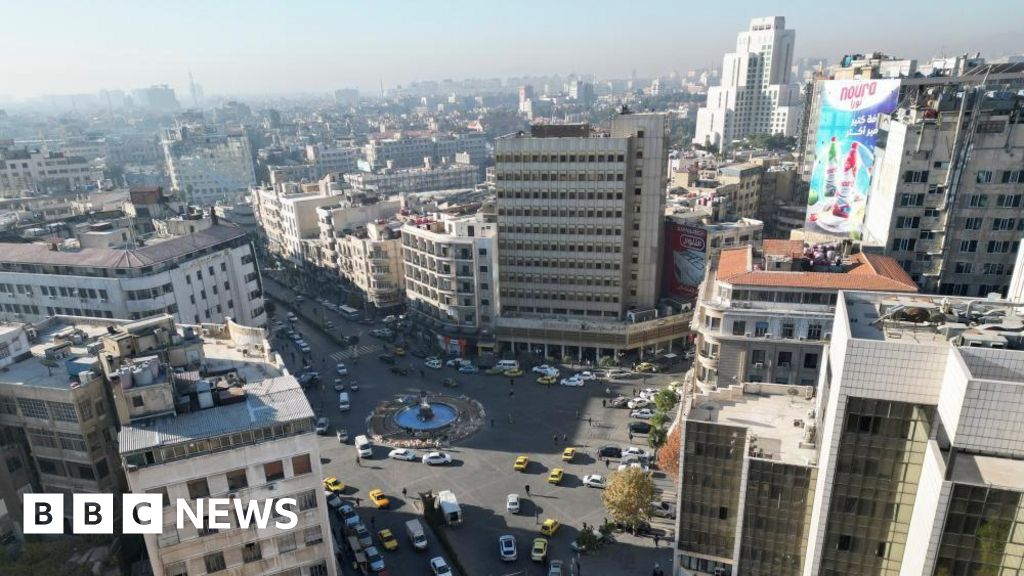


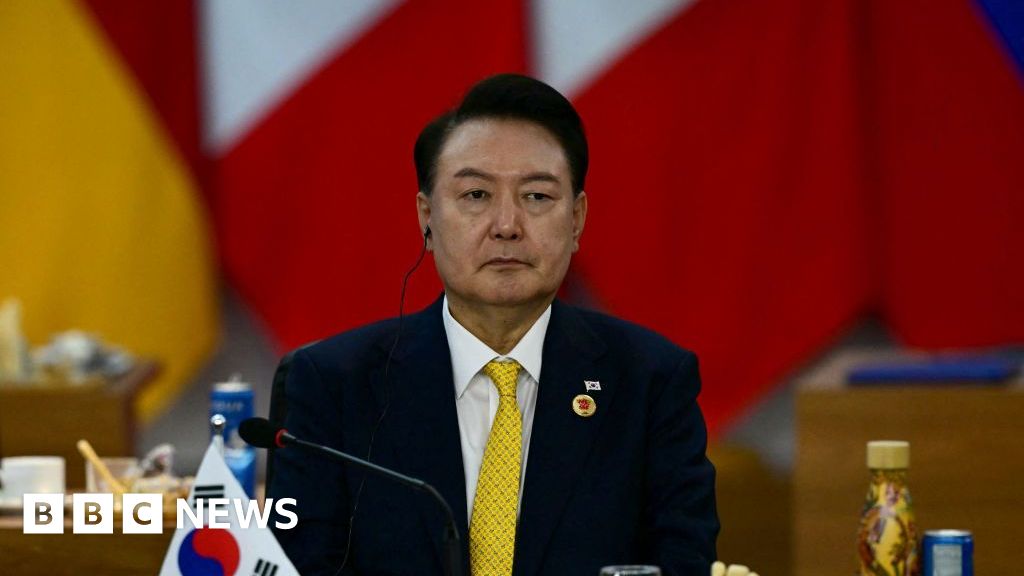

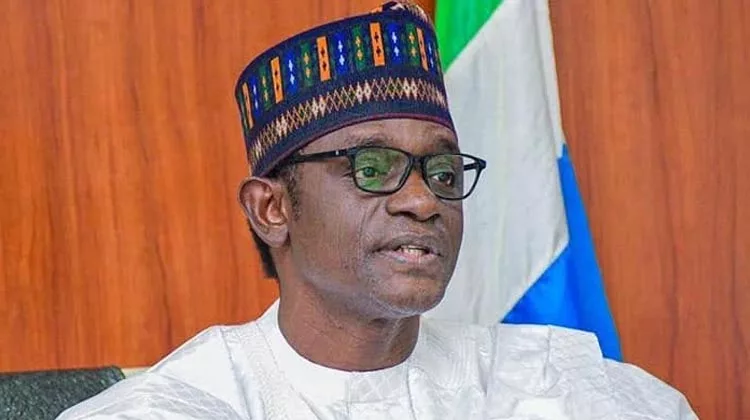
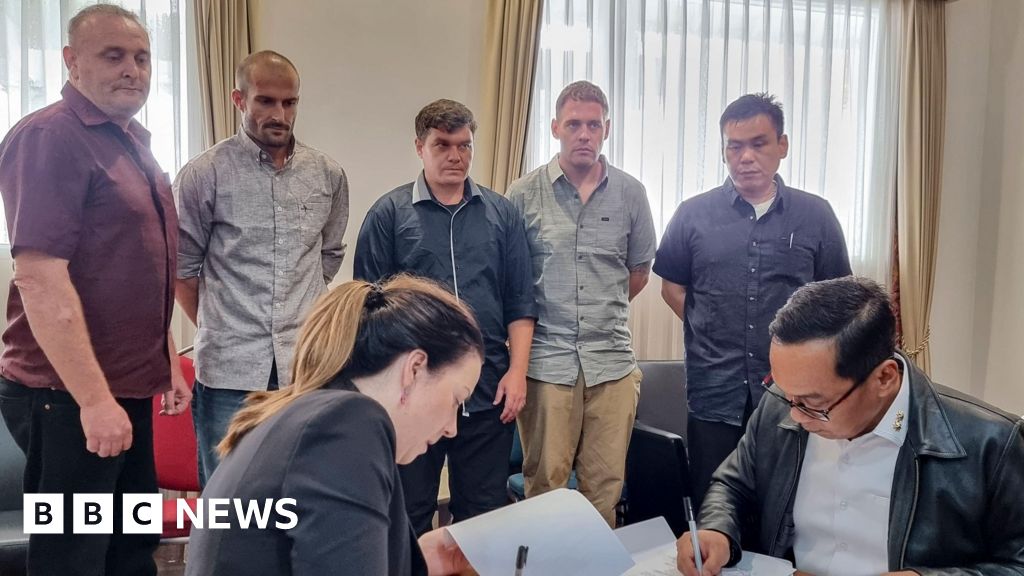






 English (US) ·
English (US) ·